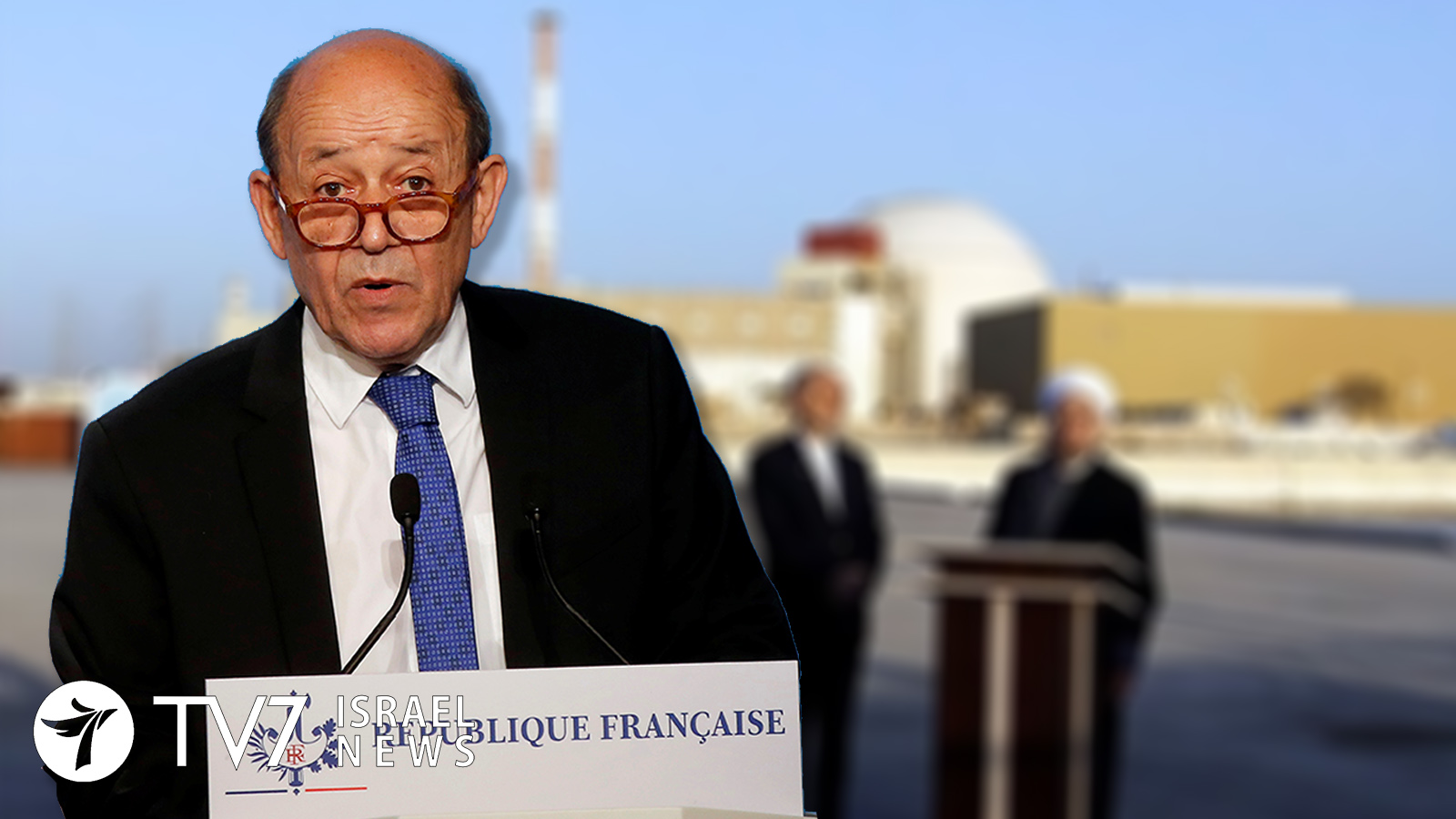The International Atomic Energy Agency is urging Iran to respond promptly to questions regarding issues pertaining to its nuclear-related activities. During a press conference at the United Nations watchdog organizational headquarters in Vienna, Acting Director General Cornel Feruta informed member states that Iran has had two months to respond to its concerns, although he stopped short of elaborating on the issues in question due to confidentiality constraints on the agency’s dealings with Tehran. After stressing the importance of ‘advancing their interactions’ toward the provision of answers over “the completeness of Iran’s safeguards declaration,” the temporary IAEA chief reaffirmed that his agency “will remain actively engaged” because “time is of the essence.”
The IAEA subsequently confirmed that even though the Islamic Republic is prepared to test advanced centrifuges in breach of the 2015 nuclear deal, it had not yet done so at the time of agency inspections on 7-8 September.
This past weekend Iran announced its intention to step up enrichment of high grade uranium, in an apparent effort to further pressure the Europe Union to find a way to alleviate dire economic distress wreaked by crippling U.S.-imposed economic sanctions on the Ayatollah regime. Tehran has also indicated that it has the capability of raising uranium enrichment past 20% percent purity – which would mark a significant leap toward the level necessary for nuclear weapons production.
Iran’s additional self-proclaimed violations of the 2015 atomic agreement has infuriated Europe. In an expression of this frustration, German Foreign Minister Heiko Maas said, “What Iran is currently doing is not helpful, especially in light of the current very intensive international efforts to achieve a de-escalation.” “Ultimately though,” Berlin’s top diplomat said, “what counts for us are not announcements but facts which can be checked. We also expect a report in the next few days from the International Atomic Energy Agency.”
While echoing his German counterpart’s concerns, French Foreign Minister Jean-Yves Le Drian took one step further by warning Iran failure to immediately reverse its path will lead to an inevitable escalation. “Iran brought forward a bad response to the bad decisions of the Americans,” said LeDrian, in reference to U.S. President Donald Trump’s withdrawal from the Joint Comprehensive Plan of Action in May 2018. The top Paris diplomat qualified his terminology, saying “Bad, because the fact of trying to disengage, to lay down acts of disengagement from the JCPOA, the Vienna accord – leads to an escalation, and does not put in place necessary conditions so that we can reach an agreement.” He then reiterated that “the path of dialogue is still open, as it is today,” and called on Iran to “renounce these types of action which hinders the process of deescalation that we want to put in place, but we continue our action to allow for widespread stability in the region.”
